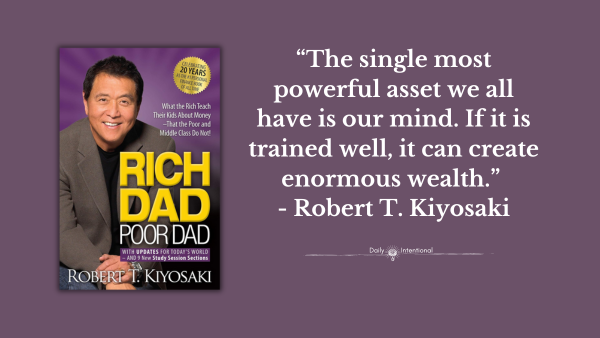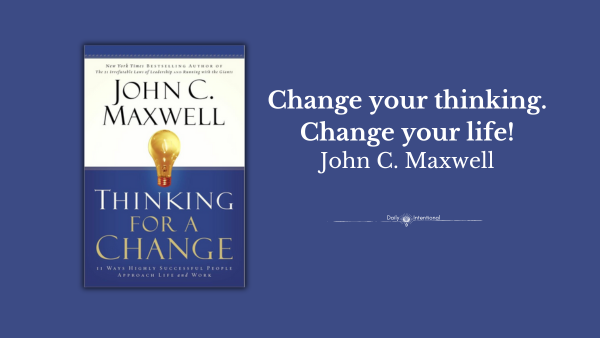 Happiness is a state of mind that transcends external circumstances. It’s not about what happens to us, but how we perceive and respond to life’s events. The ancient Stoic philosopher Marcus Aurelius understood this well. In his timeless work, Meditations, he wrote:...
Happiness is a state of mind that transcends external circumstances. It’s not about what happens to us, but how we perceive and respond to life’s events. The ancient Stoic philosopher Marcus Aurelius understood this well. In his timeless work, Meditations, he wrote:...
 Elon Musk, the visionary entrepreneur, is undeniably shaping the future of possibilities. His ventures, such as SpaceX, Tesla, Neuralink, and The Boring Company, are pushing the boundaries of what is possible. SpaceX Musk founded SpaceX in 2002 with the goal of making...
Elon Musk, the visionary entrepreneur, is undeniably shaping the future of possibilities. His ventures, such as SpaceX, Tesla, Neuralink, and The Boring Company, are pushing the boundaries of what is possible. SpaceX Musk founded SpaceX in 2002 with the goal of making...
 “The single most powerful asset we all have is our mind. If it is trained well, it can create enormous wealth.” – Robert T. Kiyosaki “Rich Dad Poor Dad”, a book by Robert Kiyosaki, has been a game-changer for many when it comes to personal finance and investing....
“The single most powerful asset we all have is our mind. If it is trained well, it can create enormous wealth.” – Robert T. Kiyosaki “Rich Dad Poor Dad”, a book by Robert Kiyosaki, has been a game-changer for many when it comes to personal finance and investing....
 “Gratitude turns what we have into enough.” We live in a time where time often rushes past us, where notifications flood our screens and responsibilities pile up, there exists a simple yet profound practice that can ground us, shift our perspective, and infuse our...
“Gratitude turns what we have into enough.” We live in a time where time often rushes past us, where notifications flood our screens and responsibilities pile up, there exists a simple yet profound practice that can ground us, shift our perspective, and infuse our...
 Change your thinking, change your life.” John C. Maxwell This powerful quote by John C. Maxwell encapsulates the essence of his transformative book, “Thinking For A Change”. In this article, we delve into the key takeaways from this enlightening read. The Power of...
Change your thinking, change your life.” John C. Maxwell This powerful quote by John C. Maxwell encapsulates the essence of his transformative book, “Thinking For A Change”. In this article, we delve into the key takeaways from this enlightening read. The Power of...






